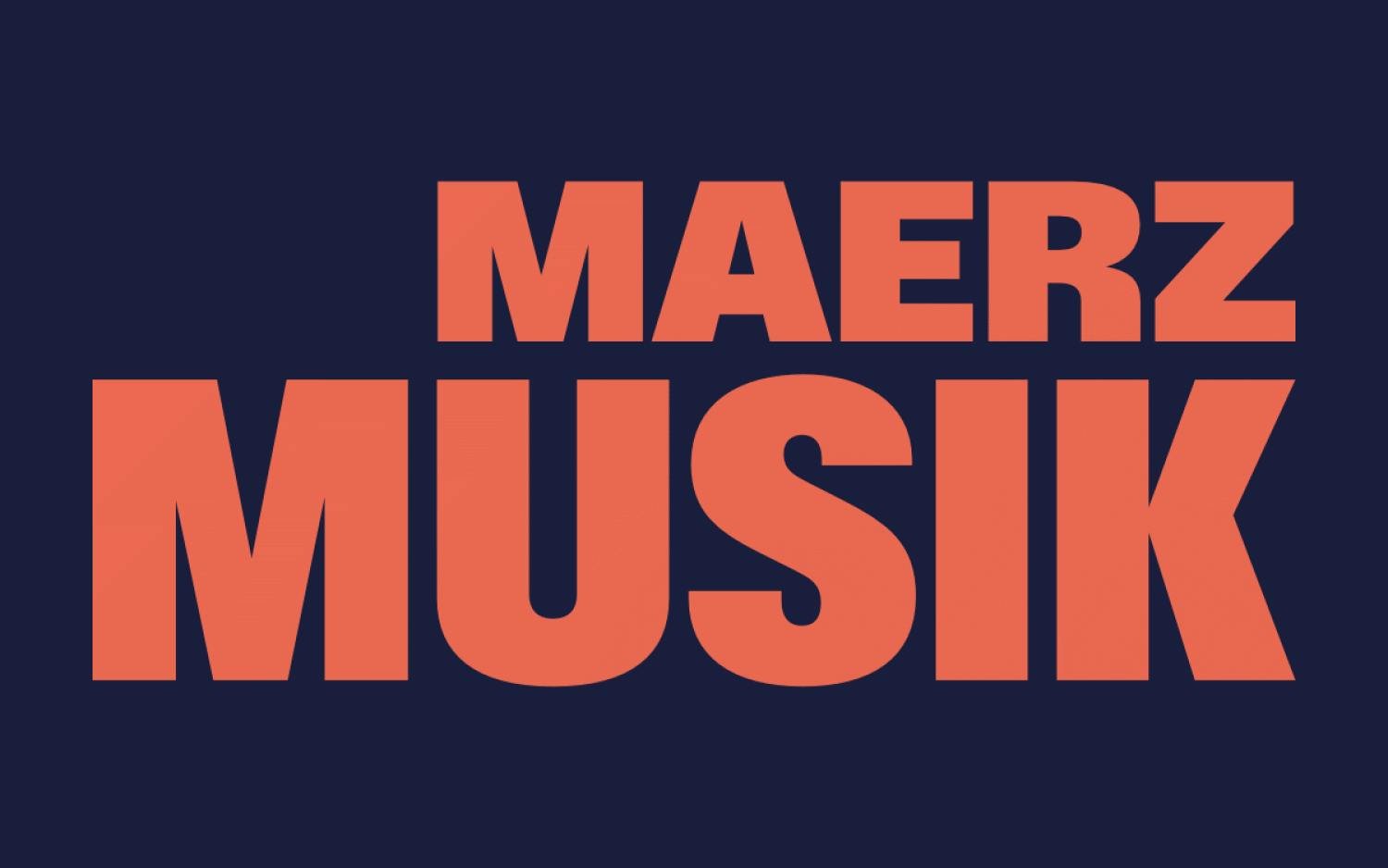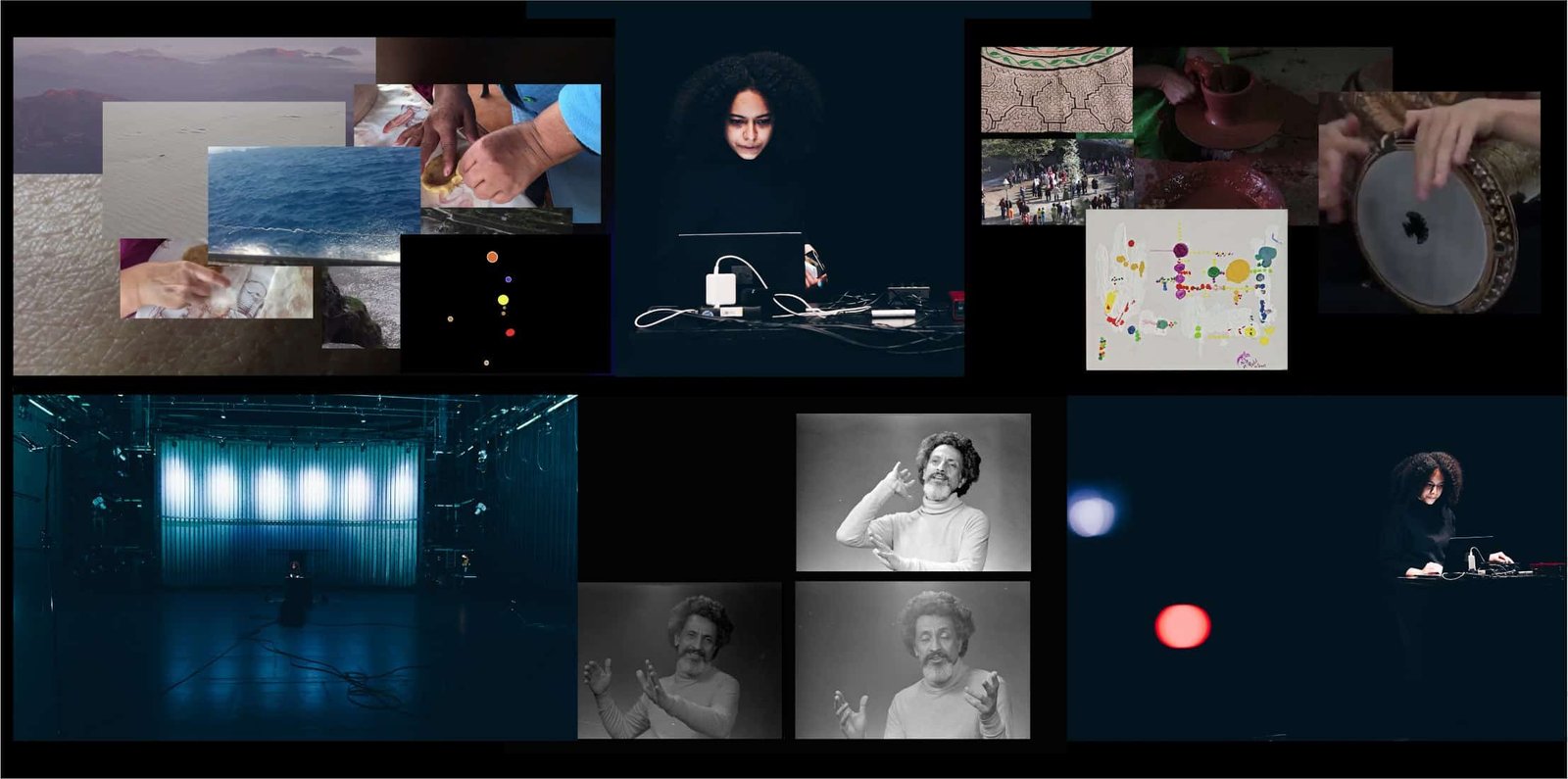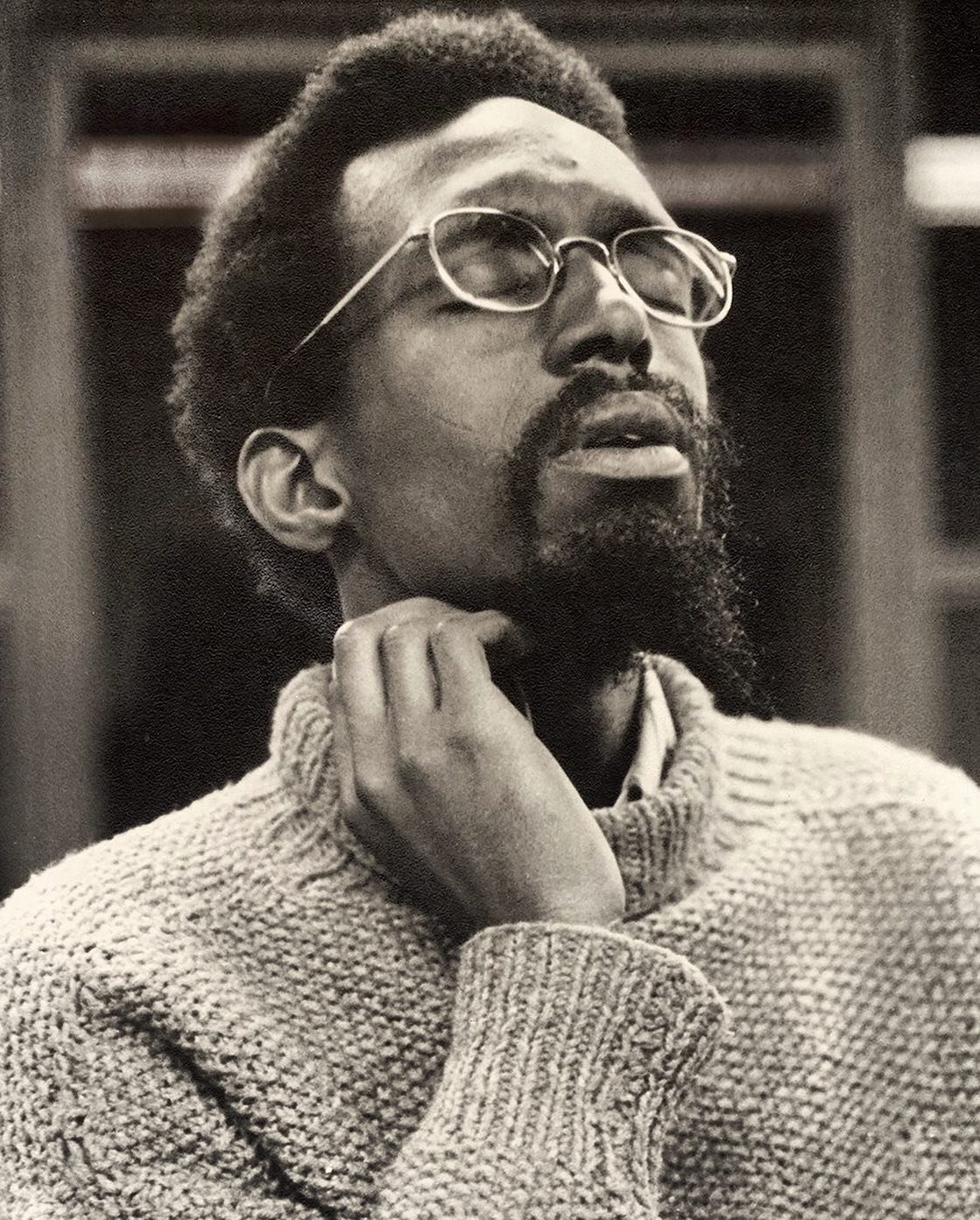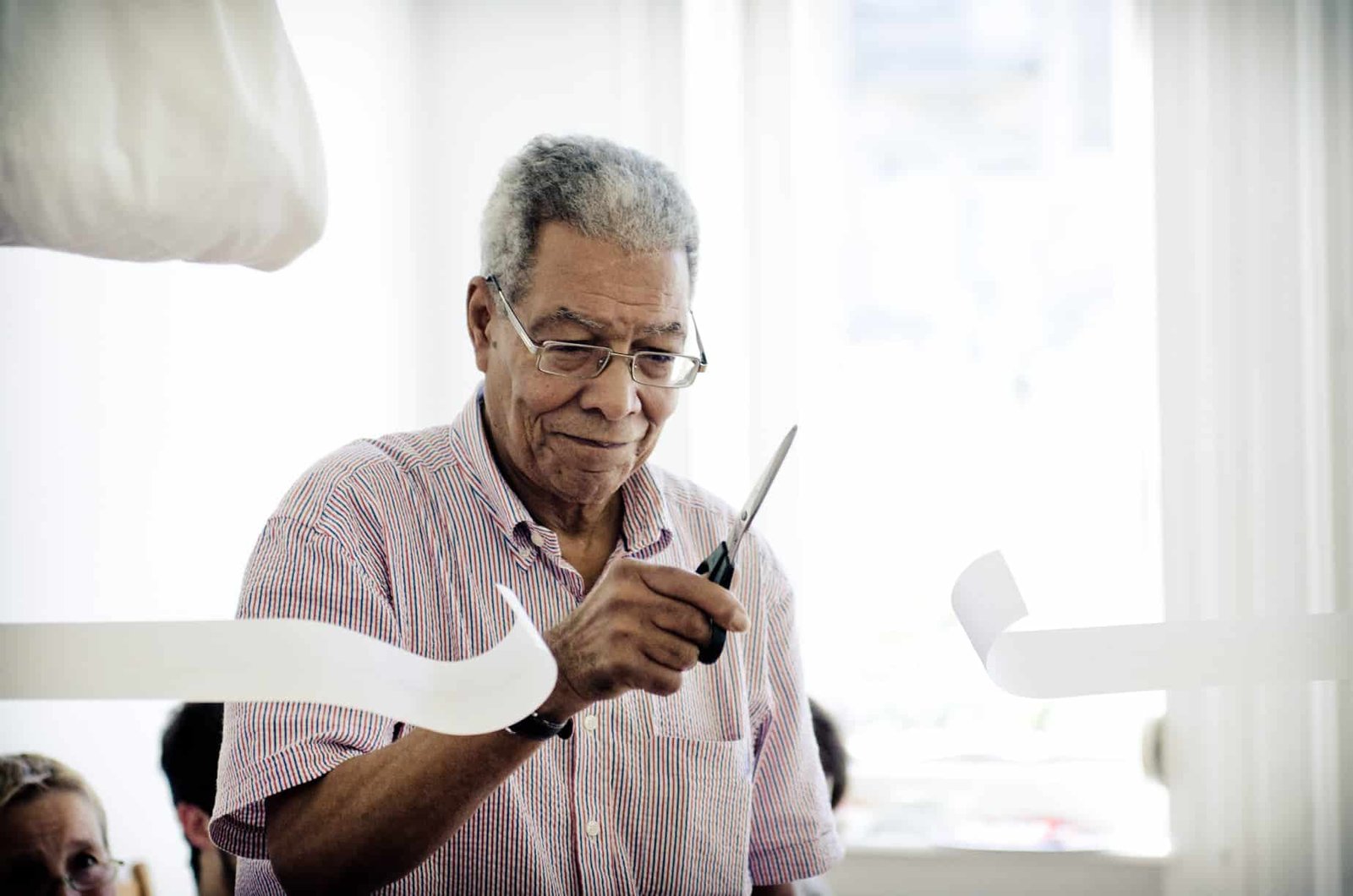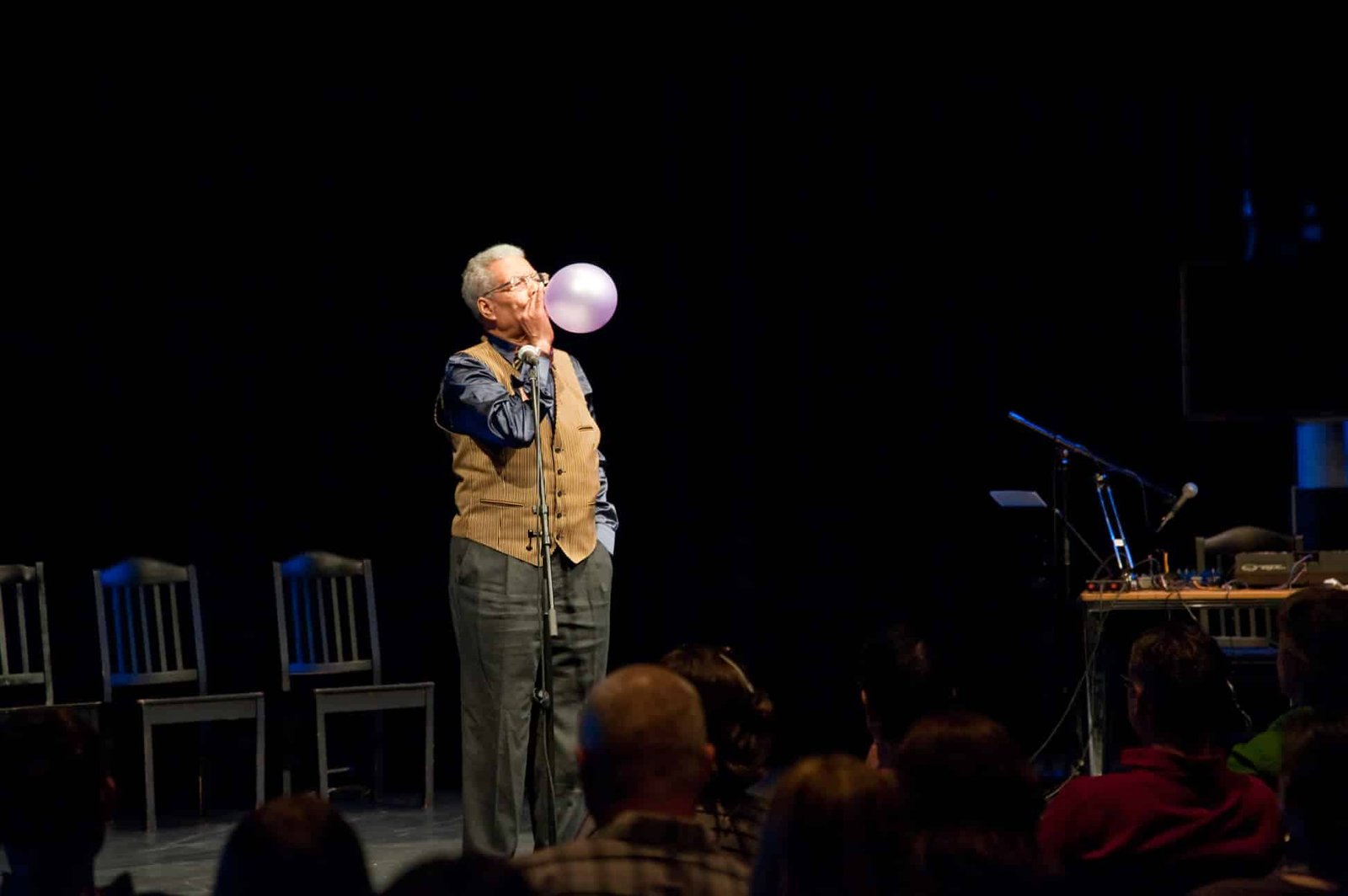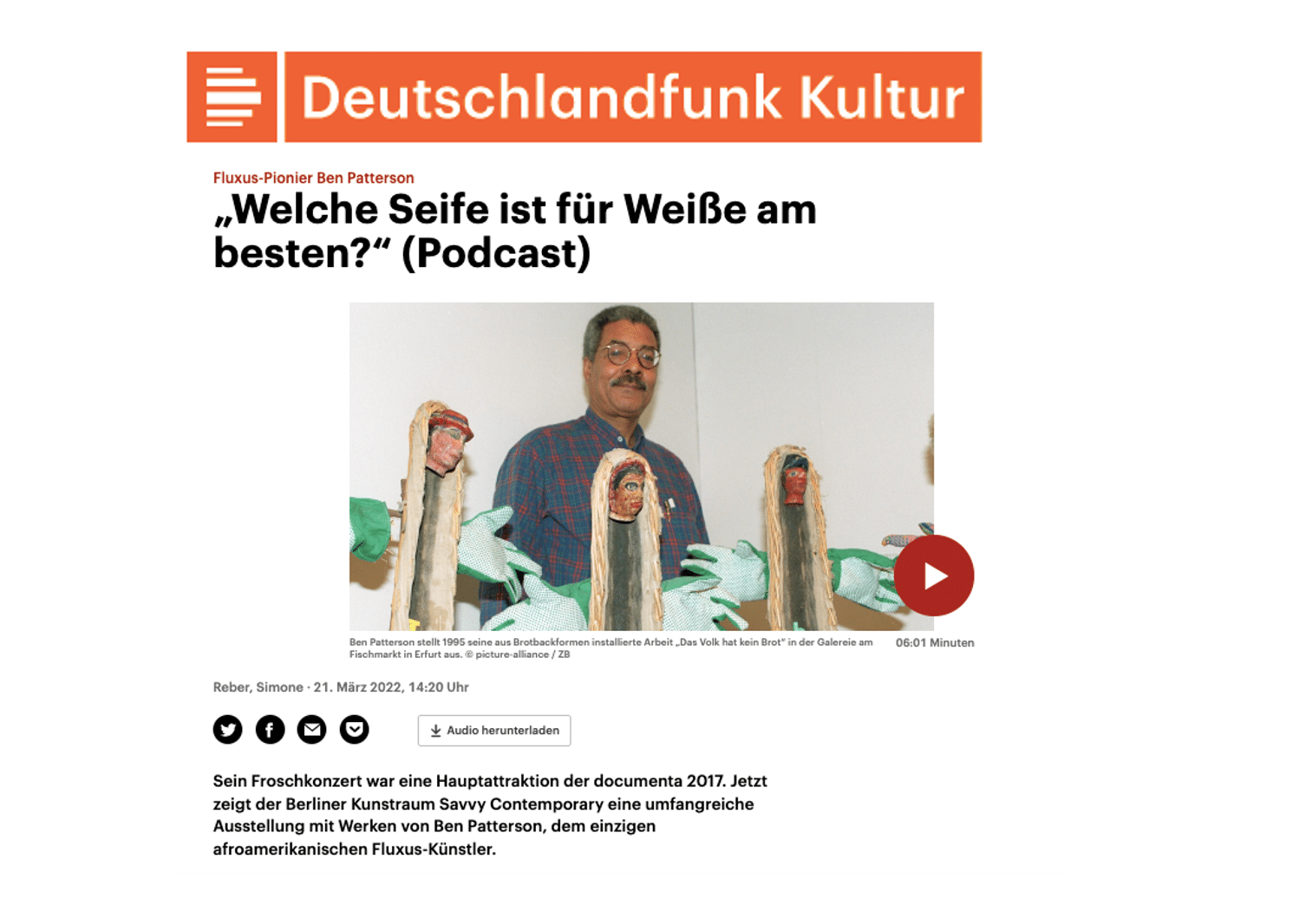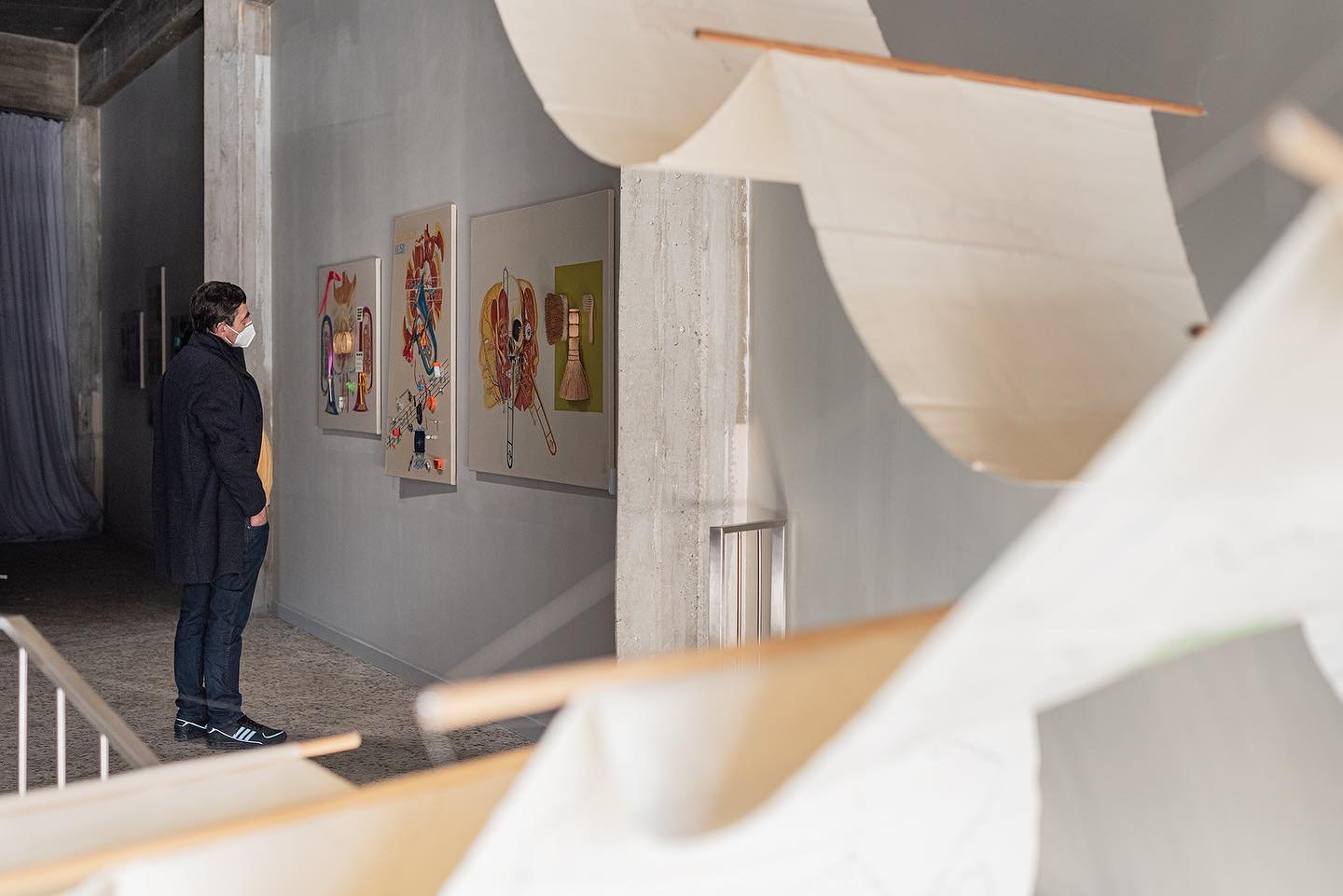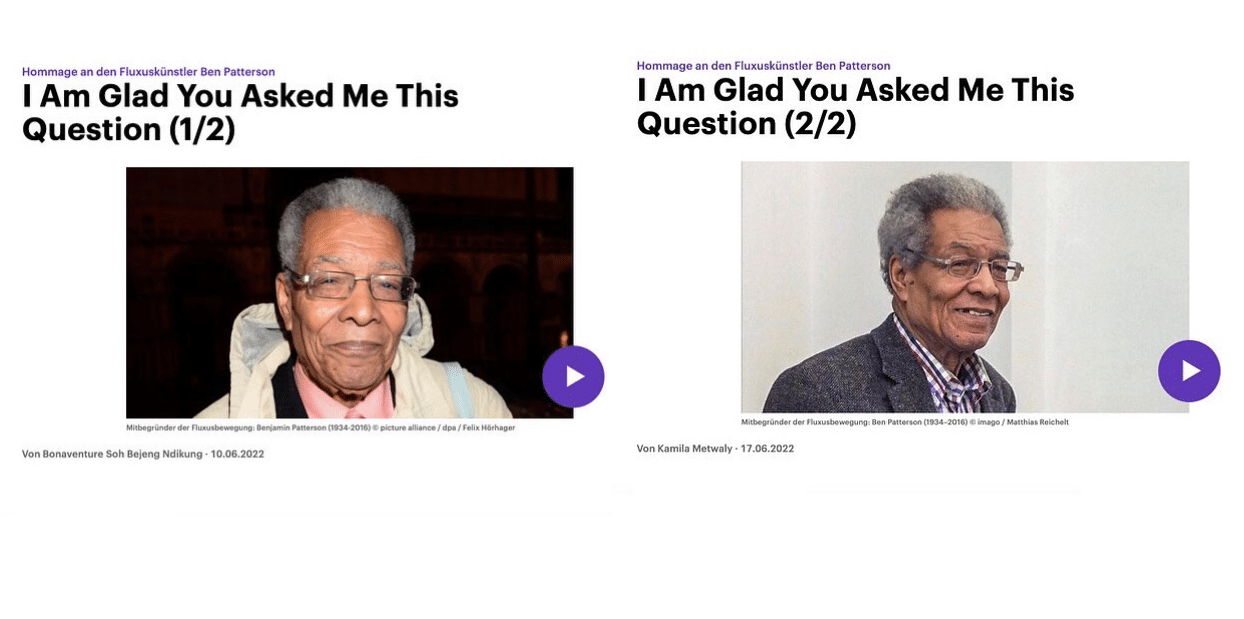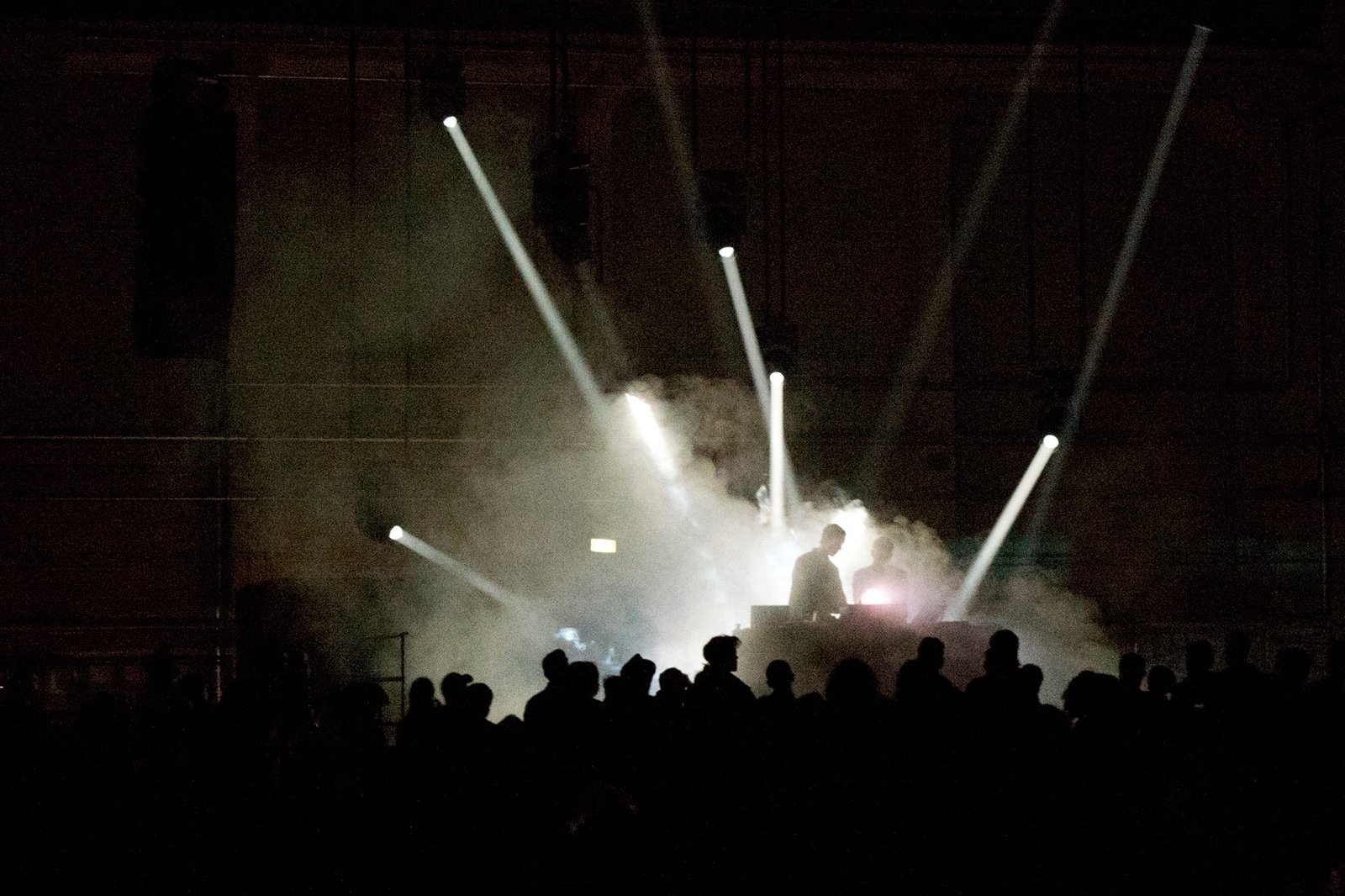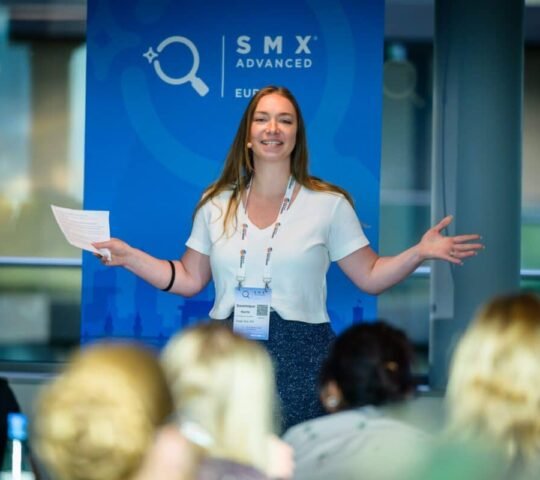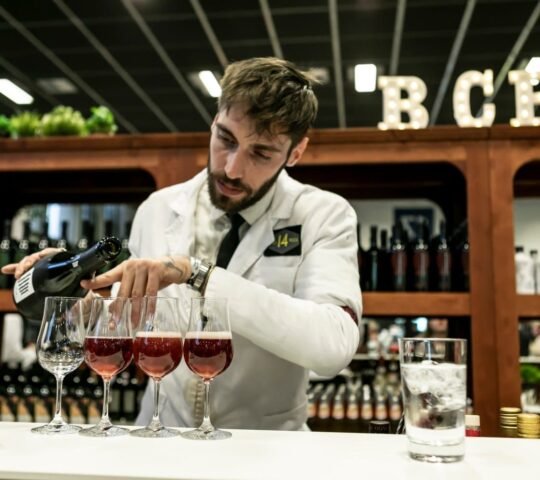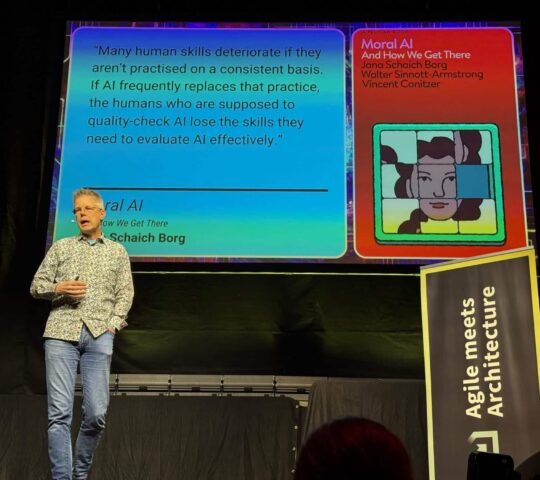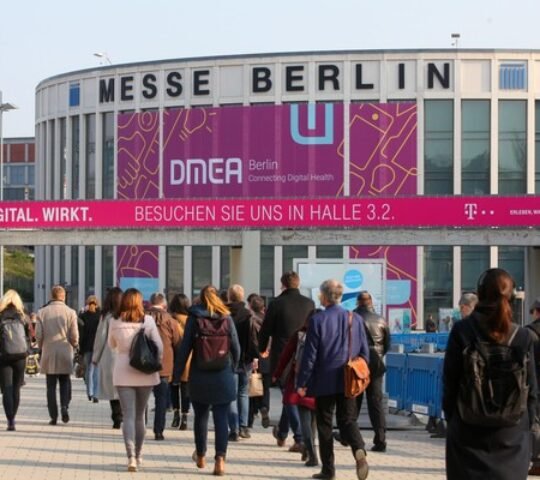MaerzMusik Festival – Germany 2026
Background & History
- Origins and Tradition: MaerzMusik traces its roots to the Musik-Biennale Berlin, founded in 1967 in East Berlin as an International Festival for Contemporary Music, organized by the Association of Composers and Musicologists of the GDR and the Ministry of Culture until 1989. It emphasized avant-garde works during the Cold War, bridging Eastern and Western musical innovations. In 1991, the Berliner Festspiele took over post-reunification, transforming it into an annual event. Renamed MaerzMusik – Festival for Contemporary Music in 2002, it shifted focus to multimodal listening, sound art, and interdisciplinary exchanges, reflecting Berlin’s vibrant, post-Wall cultural scene.
- Cultural Significance: As a cornerstone of Berlin’s contemporary arts ecosystem, MaerzMusik fosters dialogues on socio-political, ecological, and existential themes through sound. Recognized globally for pushing boundaries between music, performance, theory, and life, it embodies Berlin’s spirit of experimentation and inclusivity. Under Artistic Director Kamila Metwaly (since 2022), it emphasizes collective knowledge-sharing and decolonizing sound practices, drawing diverse international artists to explore futures amid global urgencies like climate crisis and migration.
- Growth Over Time: From biennial East German showcases to an annual 10-day festival, MaerzMusik has expanded from classical concert halls to unconventional spaces like industrial ruins and churches. Early directors like Heike Hoffmann (1991–2001) introduced Western postmodernism; Matthias Osterwold (2001–2014) integrated visual arts; Berno Odo Polzer (2015–2022) themed it around “Time Issues.” Attendance has grown to over 20,000 visitors annually, with 2025 featuring 100+ events. The 2026 edition continues this evolution, with program announcement in January 2026, promising heightened focus on relational listening and co-creation.
- Educational and Community Integration: Deeply embedded in Berlin, MaerzMusik runs QuerKlang, an outreach project engaging Berlin school pupils in pre-festival workshops on interdisciplinary collaboration. Culminating in youth premieres, it promotes equity in arts access. The festival’s Library of MaerzMusik serves as a free, ongoing hub for artist-visitor interactions via listening sessions, talks, and installations, reinforcing its role as a communal think-tank.
Event Highlights
- Main Activities or Performances: Expect a kaleidoscope of 100+ events over 10 days, including world premieres of experimental compositions, immersive sound installations, music theater, film screenings, and discursive panels. Drawing from 2025’s blueprint, highlights may feature percussion-driven works like Enno Poppe’s “Streik” for 10 drum sets, vocal explorations by Pamela Z and Joan La Barbara, and ensemble spectacles by Ensemble Modern or Yarn/Wire. Performances blend acoustic innovation with electronics, often in site-specific formats that challenge traditional concert etiquette.
- Special Traditions or Features: A hallmark is the festival’s thematic curations, evolving from time-based inquiries to urgent global dialogues—2026 may explore “co-existing futures” through sound. The QuerKlang youth premieres, a tradition since 2010, spotlight emerging voices. Discursive formats like artist talks and the Library of MaerzMusik foster ongoing reflection, while cantonal-style “encounters” connect international artists with local Berlin scenes, echoing the festival’s post-reunification bridging role.
- Unique Attractions for Visitors: Dive into tactile experiences like the “Salon of Touch” (haptic sound explorations) or cross-cultural collaborations, such as Thai dancers with Western composers. Free pop-up events in venues like silent green include experimental DJ sets and sound walks through Berlin’s industrial heritage sites. The Media Library offers archival deep-dives into past editions, with VR reconstructions of iconic performances. For 2026, anticipate expanded hybrid formats blending live and digital, accessible via app for remote listening.
Date & Duration
- Dates: March 20 – March 29, 2026
- Duration: 10 days
Visiting this event? Don’t miss out on these amazing activities and local experiences while you’re here.
Venue / Location
- City: Berlin, Germany, a global hub for contemporary arts with a rich history of division and reinvention.
- Main Venue: Haus der Berliner Festspiele, Schaperstraße 24, 10719 Berlin, a modern cultural center in Wilmersdorf designed for intimate yet expansive performances, featuring a 600-seat hall with state-of-the-art acoustics.
- Notable Areas: Spanning Berlin’s diverse neighborhoods: Radialsystem (Holzmarktstraße 33, Friedrichshain, industrial-chic with river views); silent green (Gerichtstraße 35, Wedding, eco-focused former crematorium); Sophiensæle (Sophienstraße 18, Mitte, historic theater for intimate shows); Kaiser Wilhelm Memorial Church (Breitscheidplatz, Charlottenburg, iconic bombed ruin for atmospheric installations); daadgalerie (Oranienstraße 161, Kreuzberg, artist residency space); Universität der Künste (Bundesallee 1–12, Wilmersdorf, rehearsal halls for workshops).
- Google Maps Address: Schaperstraße 24, 10719 Berlin, Germany
Ticket Information
- How Tickets Are Sold: Primarily online via berlinerfestspiele.de (advance sales start post-January 2026 program announcement); telephone bookings (+49 30 254 89 100); daytime box office at Gropius Bau (Niederkirchnerstraße 7, open Mon/Wed–Sun 10:00–18:00, Tue closed); evening box offices at venues. Group rates and packages for multi-event passes available; some discursive events free upon registration.
- Admission Type: Mostly paid for concerts and performances; select installations, Library sessions, and QuerKlang premieres free. Reductions for students, seniors, unemployed (up to 50% off with ID).
- Ticket Pricing (USD): Based on 2025 pricing, single tickets range from $11 to $44 USD, depending on event type (e.g., talks cheaper, premieres pricier). Festival passes offer savings for 5+ events.
- Minimum and Maximum Ticket Pricing: Minimum: $11 USD (discussions/installations); Maximum: $44 USD (mainstage premieres/subscriptions).
- Special Reductions: Free entry for severe disability escorts (with B-Ausweis ID); audio-described/touch tours for select events.
Any special seating or VIP options
- Special Seating: Wheelchair-accessible spots and reserved front-row for hearing-impaired (induction loops at main venues); priority seating for QuerKlang participants and partners.
- VIP Options: Premium packages (~$110–$220 USD) include festival passes with reserved seats, exclusive artist meet-and-greets, and Library lounge access; corporate hospitality via partners like the DAAD for international guests.
Contact Information
- Email: info@berlinerfestspiele.de (general/tickets); inklusion@berlinerfestspiele.de (accessibility); press@berlinerfestspiele.de (media).
- Phone: +49 30 254 89 100 (tickets/reservations, Mon–Fri 11:00–17:00; English/German support).
- Website: https://www.berlinerfestspiele.de/en/maerzmusik (program, calendar, newsletter signup).
- Social Media: @berlinerfestspiele (Instagram/Facebook), @BFestspiele (X) for live updates and artist spotlights.
- Key Staff: Artistic Director: Kamila Metwaly; Ticket Office Lead: Available via phone; QuerKlang Coordinator: Contact education team at info@berlinerfestspiele.de.
- Press/Volunteers: Press kits via press@berlinerfestspiele.de; volunteer applications (ushers, tech support) open December 2025 via website (2,000+ roles filled annually).
- Note: Response time ~24–48 hours; multilingual support (English, German, French); newsletter for program alerts.
Cultural Experience
- Traditions: Rooted in GDR-era avant-garde defiance, MaerzMusik upholds a tradition of genre-defying experimentation, with annual themes inviting radical reimaginings of sound as resistance—e.g., 2025’s focus on “minor characters” in digital narratives. The festival’s Library ritual encourages unhurried, communal listening, echoing Berlin’s café culture of intellectual exchange.
- Music: A sonic odyssey spanning electroacoustic compositions (e.g., Chaya Czernowin’s textural operas), improvised jazz (Wadada Leo Smith ensembles), and vocal innovations (Jennifer Walshe’s genre-bending songs). Expect microtonal explorations, field recordings from global crises, and interactive scores where audiences co-compose via apps.
- Costumes and Performances: Hybrid attire blends concert blacks with immersive theater—performers in everyday wear for “anti-concert” formats or elaborate projections for installations. 2025 highlights included Ligia Lewis’s choreographed soundscapes and Bastian Zimmermann’s puppetry-infused operas, merging visual art with auditory immersion.
- Local Customs: Berlin’s DIY ethos shines in pop-up collaborations with neighborhood collectives; visitors join sound walks through Kreuzberg markets or Wedding parks, sampling multicultural beats. Cantonal echoes via international “encounters” feature Polish yodeling meets Thai gongs, fostering cross-pollination in MaerzMusik’s signature relational mode.
Food & Drinks
- Must-Try Specialties: Pair experimental sounds with Berlin’s fusion scene: döner kebabs with harissa (Turkish-German staple) or currywurst mit pommes from venue trucks, washed down with Berliner Weisse (sour wheat beer with raspberry syrup).
- Culinary Offerings: Venues like Radialsystem’s riverside café serve seasonal gastropubs—think vegan schnitzel or flammkuchen (tarte flambée) with local brews (~$11–$22 USD). Silent green’s MARS Kitchen & Bar offers eco-focused plates: fermented salads, craft kombuchas, and natural wines from Brandenburg vineyards.
- Festival-Specific: Pop-up bars during intermissions feature artist-curated pairings, e.g., non-alcoholic herbal infusions inspired by sound compositions or global bites like kimchi tacos at SAVVY Contemporary events. QuerKlang workshops include youth-led snack shares, blending Turkish baklava with Polish pierogi.
- Unique Drinks: Artisanal Berlin beers (e.g., BRLO’s hazy IPAs) or sound-themed cocktails at Sophiensæle—like a “resonant fizz” with gin, elderflower, and sonic bitters. Nearby Kaiser Wilhelm Church hosts wine tastings from Palestinian vineyards, tying into festival themes of cultural resilience.
Getting There
- Nearest Airports: Berlin Brandenburg (BER), 18 miles southeast (45-min train to city center); historic Tegel (TXL) closed—use BER’s efficient rail links. Direct flights from major EU hubs; taxis ~$55 USD, or ABC train ticket (~$4 USD) to venues.
- Public Transport: Berlin’s BVG network excels: U3 to Spichernstraße (Haus der Berliner Festspiele, 20 min from Alexanderplatz); S-Bahn to Ostbahnhof for Radialsystem; U8 to Rosenthaler Platz for Sophiensæle. Day pass ~$9 USD; app-based journey planner includes real-time delays. Festival shuttles may link venues in 2026.
- Parking: Scarce in central Berlin—use paid garages like EuroPark at Potsdamer Platz (~$22 USD/day). Disabled spots at venues (e.g., 2 at Radialsystem entrance); bike rentals via Nextbike (~$2 USD/hour) for eco-friendly navigation.
- Other Options: Pedestrian-friendly: Walk Kreuzberg sound trails from daadgalerie. Rideshares (Uber/Free Now) ~$11–$22 USD per ride; CGN boats on Spree River to Radialsystem for scenic arrivals. E-scooters (Tier/Lime) ideal for hopping between Wedding and Wilmersdorf.
Accommodation Options
- Luxury: Hotel Orania.Berlin (Oranienstraße, near daadgalerie), a 5-star music-themed haven with artist residencies and spa. Rates: ~$220–$440 USD/night, including breakfast.
- Mid-Range: Michelberger Hotel (Friedrichshain, near Radialsystem), eclectic boutique with courtyard bar and bike rentals. Rates: ~$110–$220 USD/night, festival packages available.
- Budget: Circus Hostel (Kreuzberg, 10-min walk to venues), vibrant dorms/private rooms with communal kitchen. Rates: ~$33–$77 USD/night; free walking tours included.
- Chalets and Apartments: Airbnb lofts in Mitte (e.g., rooftop views near Sophiensæle), self-catering for groups. Rates: ~$88–$165 USD/night; book via berlinerfestspiele.de partners for discounts.
- Camping/Eco-Stays: Urban glamping at silent green-adjacent sites or Brandenburg lakeside pods (30-min train). Rates: ~$44–$110 USD/night; aligns with festival’s sustainability ethos.
- Booking Tip: Reserve via visitberlin.de by December 2025; festival bundles save 15% at partner hotels like those in Charlottenburg cluster.
Before you go, check these helpful travel products:
Maps
Contact
Video
FAQ's
When is MaerzMusik 2026, and what can I expect from the program?
Running March 20–29, 2026 (10 days), the program—announced January 2026—will feature 100+ events blending contemporary music, sound installations, and performances. Expect premieres like experimental operas (e.g., past hits by Chaya Czernowin) and interdisciplinary works exploring global themes, with artists from 30+ countries; free Library sessions ensure accessible entry points.
How much do tickets cost for MaerzMusik 2026, and where do I buy them?
Single tickets range $11–$44 USD (based on 2025; confirm post-announcement), with passes ~$110 USD for value. Buy online at berlinerfestspiele.de, by phone (+49 30 254 89 100), or at Gropius Bau box office; reductions for students/disabled (up to 50% off), free for escorts. Many talks/installations gratis.
Is MaerzMusik accessible, and what support is available?
Fully committed: Barrier-free access at all venues (lifts, ramps, accessible toilets); induction loops for hearing aid users; audio descriptions/touch tours for visual impairments. Contact inklusion@berlinerfestspiele.de for personalized plans; reductions/free escorts with ID. 2025 saw 20% accessibility-enhanced events, expanding for 2026.
What food and drink experiences await at MaerzMusik?
Savor Berlin's fusion at venue spots: Radialsystem's flammkuchen and craft beers (~$11–$22 USD), silent green's vegan ferments, or pop-up global snacks like kimchi tacos during intermissions. Artist-curated pairings (e.g., sonic cocktails) tie into themes; nearby currywurst stands offer quick, affordable bites amid sound walks.
How do I get to MaerzMusik venues in Berlin?
Fly into BER airport (45-min train, ~$4 USD), then BVG U/S-Bahn to spots like U3 Spichernstraße (main Haus, 20 min from center). Day passes ~$9 USD cover all; bikes/scooters for inter-venue hops. Parking limited—opt for public transit; festival app maps routes, with shuttles likely linking Wilmersdorf to Kreuzberg.

